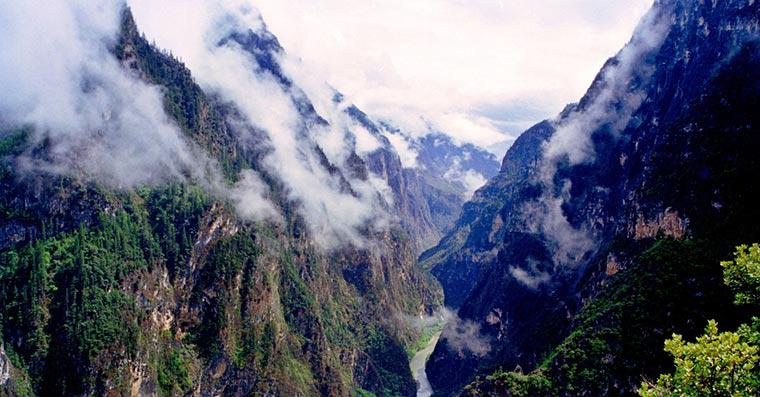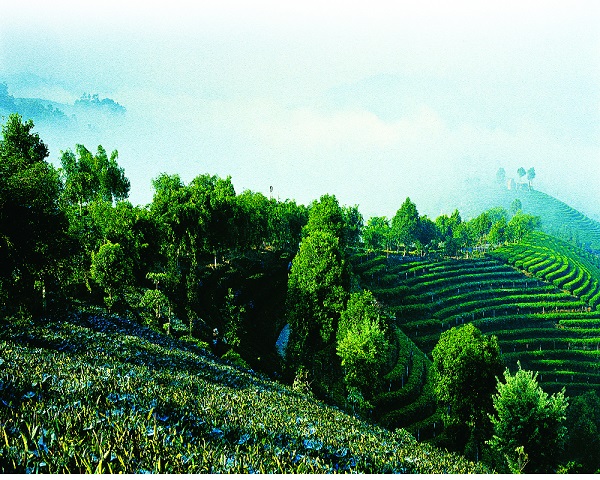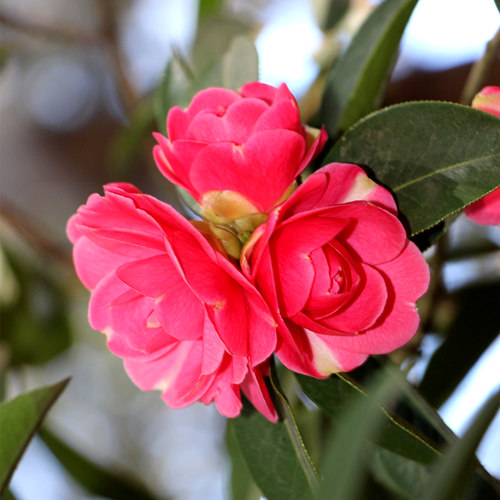
Detailed Introduction to Luxi County of Honghe Prefecture
Overview
Luxi County (泸西县) lies in the northeastern corner of Honghe Prefecture, Yunnan Province. Renowned for its karst landscapes, ancient caves, traditional festivals, and colorful ethnic cultures, Luxi is often called the “East Gate of Honghe” due to its strategic location as the nearest Honghe county to the provincial capital Kunming.
With a long history, diverse population, and rich natural and cultural resources, Luxi serves as both a tourist attraction and a key agricultural hub in Yunnan.
Geography and Climate
Location: Borders Kunming City to the north, within 130 km of Kunming
Coordinates: Between 24°06′–24°39′ N and 103°16′–103°51′ E
Area: ~1,674 square kilometers
Elevation: Average ~1,900 meters, typical of Yunnan’s plateau
Climate:
Subtropical plateau monsoon climate
Mild year-round with distinct dry and wet seasons
Average annual temperature: ~16°C–18°C
Annual rainfall: 800–1,200 mm
Luxi’s climate is ideal for highland agriculture and flower cultivation.
Population and Ethnic Groups
Total Population: ~350,000 (as of latest census)
Ethnic Composition:
Han (majority)
Yi, Miao, Hui, Dai, and other ethnic minorities
The Yi people, especially the Black Yi subgroup, play a significant role in Luxi’s cultural life
Historical Significance
Luxi has a history of over 2,000 years, with archaeological discoveries indicating early settlements during the Neolithic era.
During the Tang and Song dynasties, it became a frontier settlement of increasing cultural and strategic value.
It has historically served as a link between central Yunnan and southern border areas, important in trade, cultural exchange, and military movements.
Major Attractions and Cultural Heritage
1. Alu Ancient Caves (阿庐古洞)
A national-level karst scenic area
Comprises three interconnected limestone caves with colorful stalactites, stone curtains, and underground rivers
Features natural formations named “Dragon Palace,” “Fairy Pavilion,” and “Water Curtain Cave”
Known as “The Underground Art Palace of Yunnan”
2. Luxi Confucian Temple (泸西文庙)
Built during the Ming Dynasty, later expanded in Qing
Reflects the region’s historical emphasis on education and Confucian values
A quiet, elegant spot showcasing traditional Chinese architecture
3. Luxi Ancient Town Area
Preserved streets, temples, ancestral halls, and old wells
Blends Han and Yi cultural elements with typical southwest Chinese small-town charm
4. Yiyuan Garden (宜园)
A restored classical Chinese garden reflecting Qing dynasty aesthetics
Popular for leisure walks, tea, and cultural events
5. Ethnic Villages and Festivals
Yi ethnic villages around the county showcase traditional black-and-red costumes, houses, and weaving traditions
Annual Torch Festival, Flower Mountain Festival, and New Year Singing Competitions highlight Luxi’s ethnic vitality
Local Products and Cuisine
Luxi is known for:
High-quality vegetables (especially green leafy crops and peppers)
Tobacco (a key economic crop)
Roses and edible flowers
Luxi Preserved Duck (泸西卤鸭) – tender and flavorful with a blend of local spices
Clay Pot Rice and Yi-style Roasted Meats – hearty and aromatic dishes
Yi Herbal Liquors and wild mushroom stews
Economy and Industry
Agriculture-based economy: vegetables, tobacco, and flower cultivation are major pillars
Emerging sectors:
Eco-tourism, especially centered around the Alu Ancient Caves
Food processing industries (tofu, pickles, roasted duck)
Light manufacturing and clean energy projects
Luxi also promotes rural revitalization programs focused on organic farming and cultural tourism.
Transportation and Accessibility
Road Access:
Luxi is well connected by highway to Kunming and Mengzi
Close to Mile City and Shilin (Stone Forest)
High-Speed Rail: Accessible via nearby Mile or Jianshui stations
Bus Network: Developed for intra-county and prefecture-wide connections
Ongoing investment in rural roads and tourist infrastructure
Education and Cultural Initiatives
Emphasis on bilingual and minority-inclusive education, especially in Yi communities
Schools promote ethnic culture, traditional crafts, and enviro



